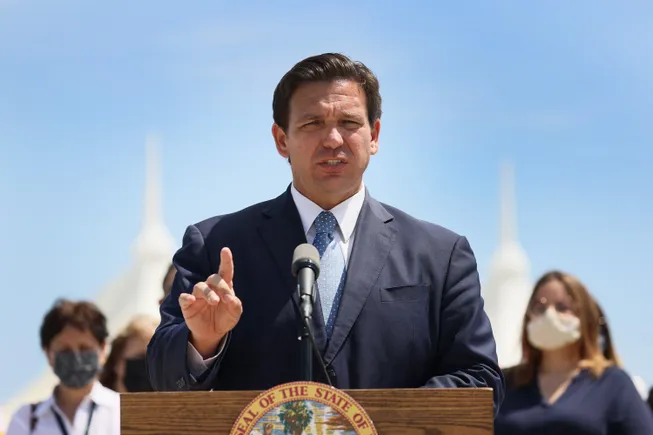In 2025, trust in vaccines took another hit as the Trump administration returned to power and began implementing a bold public health agenda. A recent KFF poll showed that about 17% of parents are now skipping or delaying some immunizations, a significant increase from 10% in 2023.
This rise in vaccine skepticism is part of a larger trend across the country, with several states now targeting mRNA technology, which is the foundation of the COVID-19 vaccines developed by Moderna and Pfizer-BioNTech. Despite the fact that these vaccines saved an estimated 3 million American lives in the first few years they were available, lawmakers are proposing new restrictions on their use.
The Trump administration is also looking to cut funding for vaccine-related research, putting additional pressure on vaccine manufacturers. Here’s a closer look at the latest efforts to dismantle mRNA innovation.
### Stateside Bills
Several states, including Iowa, Idaho, Montana, Florida, Texas, and Kentucky, have introduced legislation targeting mRNA technology this year. Some of these bills aim to limit COVID-19 vaccination requirements, while others seek to ban mRNA vaccines altogether or restrict their use in children.
In Florida, Governor Ron DeSantis has called on the CDC to stop recommending mRNA COVID-19 vaccines for children and has asked the state legislature to permanently prohibit COVID-19 vaccine mandates. The governor expressed concerns that schools could implement vaccine mandates after the current prohibition expires on June 1.
In Iowa, lawmakers are pushing for legislation that would ban the administration of mRNA vaccines and impose fines for violations. A similar bill in Montana was recently voted down, while a bill in Kentucky that would have made it illegal to give children mRNA vaccines is also facing challenges.
Idaho lawmakers are considering a ban on mRNA vaccine use until 2035, and one health district in the state has already stopped administering COVID mRNA shots due to declining demand.
While these bills have not made significant progress, they could have a chilling effect on vaccine manufacturers and may pave the way for more restrictive legislation in the future.
### Trump Administration Efforts
Robert F. Kennedy Jr., a vocal vaccine skeptic and current Secretary of HHS, has petitioned the FDA to rescind emergency authorization for mRNA COVID vaccines. In his new role, Kennedy has the authority to influence national vaccine policy, including schedules and advisory committees.
One of Kennedy’s first tasks will be to review a $590 million government contract awarded to Moderna for the development of mRNA influenza vaccines, including one for bird flu. There are reports that U.S. health officials are considering pulling back this funding.
In addition, the Trump administration is canceling grants to researchers studying vaccine mistrust and misinformation. The NIH has instructed scientists to remove mentions of mRNA from research grant applications.
Overall, these efforts to dismantle mRNA innovation could have far-reaching consequences for public health and medical research. Vaccine manufacturers are facing increased scrutiny and pressure, and the future of mRNA technology remains uncertain in the face of growing skepticism and regulatory challenges.


